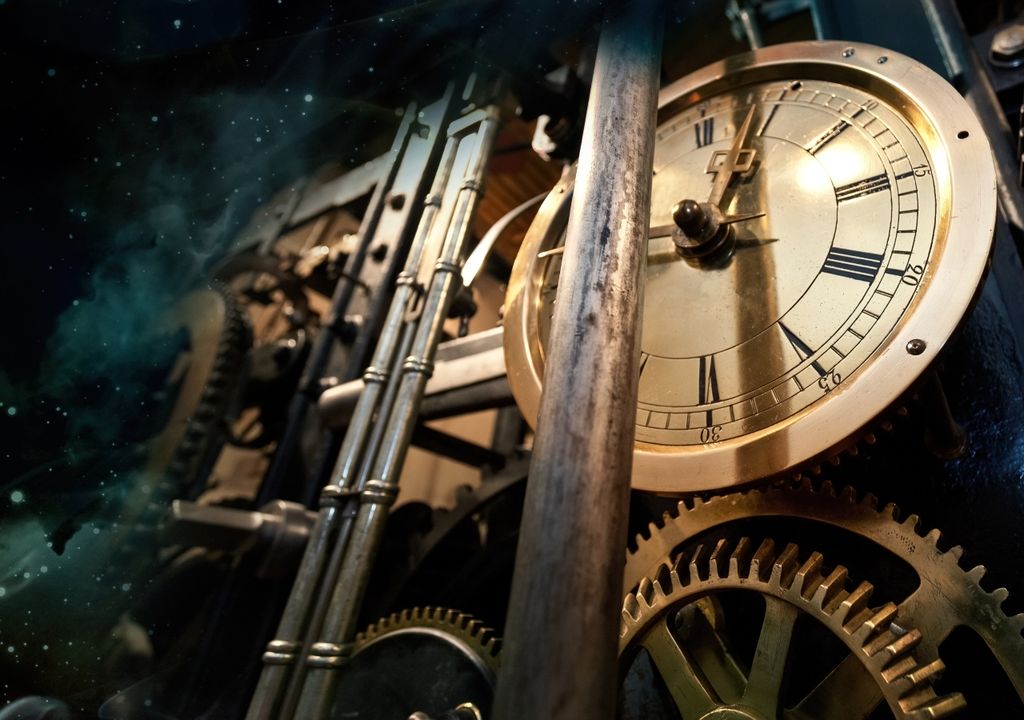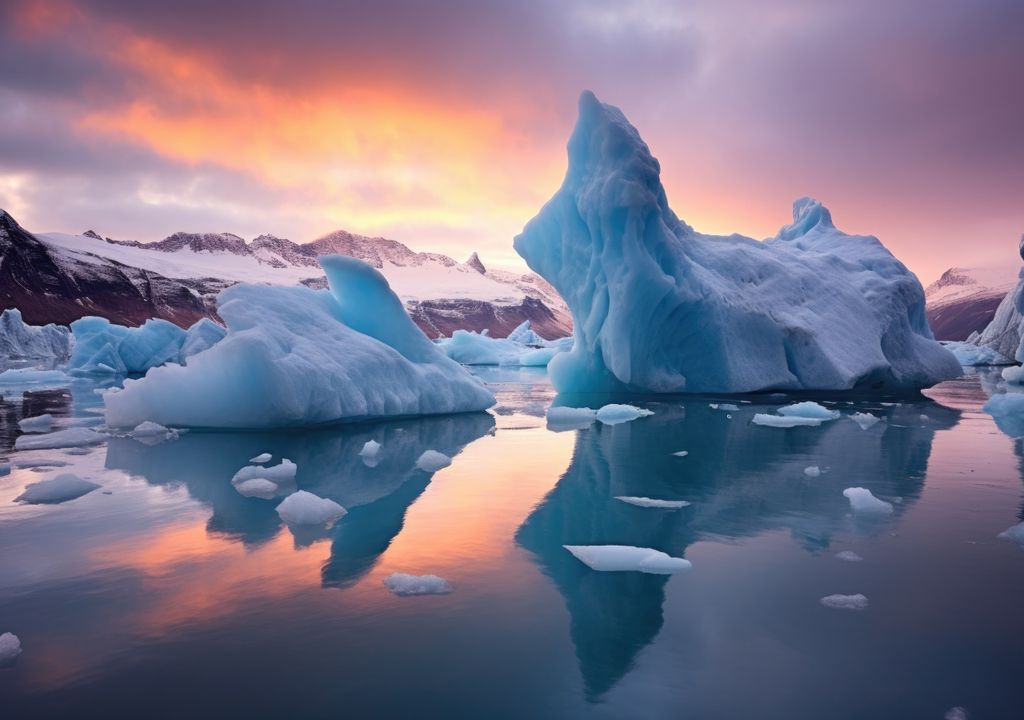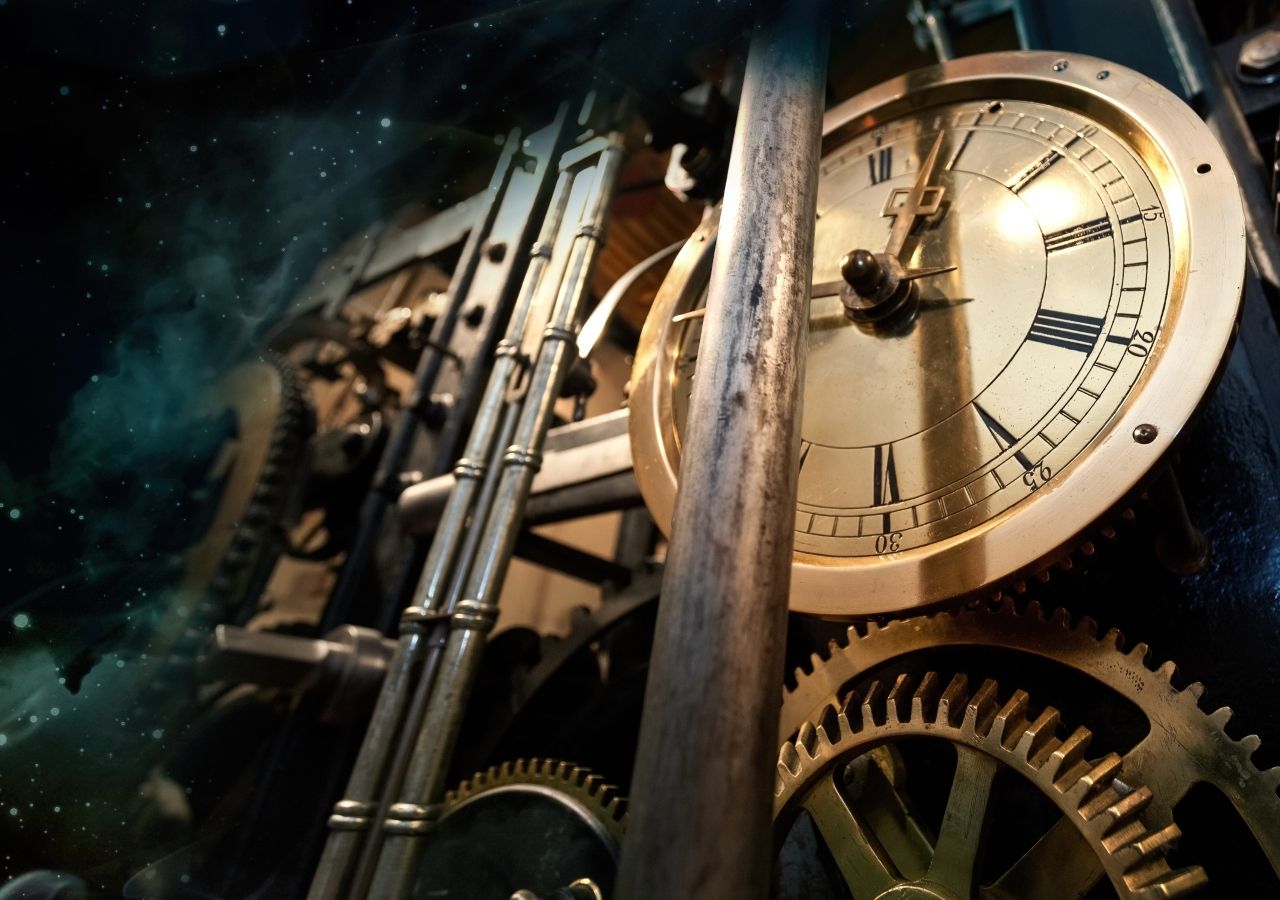
In the digital age, where time accuracy is crucial to the functioning of the Internet, communications, and financial markets,… Climate crisis It presents us with a truly unexpected challenge: Polar melting slows the planet's rotation and affects the atmosphere Coordinated Universal Time (UTC), universal time reference.
The study conducted by Duncan Carr Agnew, of University of Californiain San Diego, published in the magazine naturediscover that The melting of ice in Greenland and Antarctica has accelerated the decrease in Earth's angular velocity. This means that the planet takes a little longer to rotate on its axis, interrupting the natural rhythm of time known as UT 1.
“UT 1”, also known as “Universal Time 1”, is a time standard based on the Earth's rotation. Essentially, it records how long it takes the Earth to complete a full orbit relative to distant stars.
Hey UTCThe basis of global synchronization, It depends on the accuracy of atomic clocks (Ty), but it is Adjusted for the Earth's rotation rate (UT 1) Insert “split seconds” where necessary. These extra seconds, added to the end of the day in June or December, allow atomic time and Earth time to coincide.
Less thought-out influence brings new problems
However, polar melting is a game changer. The loss of mass at the poles and its redistribution toward the equator facilitates the Earth's rotation, delaying the need for the intercalary second.
To set both watches it has been necessary, on several occasions since 1972, to add a momentary second, i.e. to make a particular minute last 61 seconds.
Agnew estimates that as a result of this effect, The second negative period, originally expected for 2026, could be postponed until 2029. While one second may seem like insignificant change, in today's digital world where networks and financial systems rely on precise synchronization, an extra second or a second less can have serious consequences.

“If decided, this will be the first time in history that a negative temporary second will be applied, therefore It would be difficult to ensure that all the interconnected computers in the world could stay in sync“, explained the experts.
A global dilemma: a positive or negative temporary second?
a The scientific community is still debating whether a negative second interpolator is the best solution. Some experts fear that global synchronization disruptions caused by this change could lead to errors and problems in computer systems.
The study indicates that the melting of ice in Greenland and Antarctica may have reduced the Earth's angular velocity more quickly than before.
On the other hand, maintaining synchronization without adjusting UTC could generate a gradual shift between atomic time and Earth time, with potential long-term repercussions.
Beyond Time: A New Challenge of Climate Change
Although Earth's slowdown may seem like a minor problem compared to other impacts of climate change, the phenomenon is a reminder of the global reach of the environmental crisis.
Hey Polar melting not only raises sea levels, but also changes the planet's rotation, highlighting the profound impact of human activity on the Earth system. As the scientific community searches for solutions to this new challenge, rising temperatures are forcing us to reconsider time management on a global scale.
News reference:
Agnew, D.C. The global timekeeping problem has been postponed due to global warming. nature2024.

“Coffee trailblazer. Social media ninja. Unapologetic web guru. Friendly music fan. Alcohol fanatic.”

